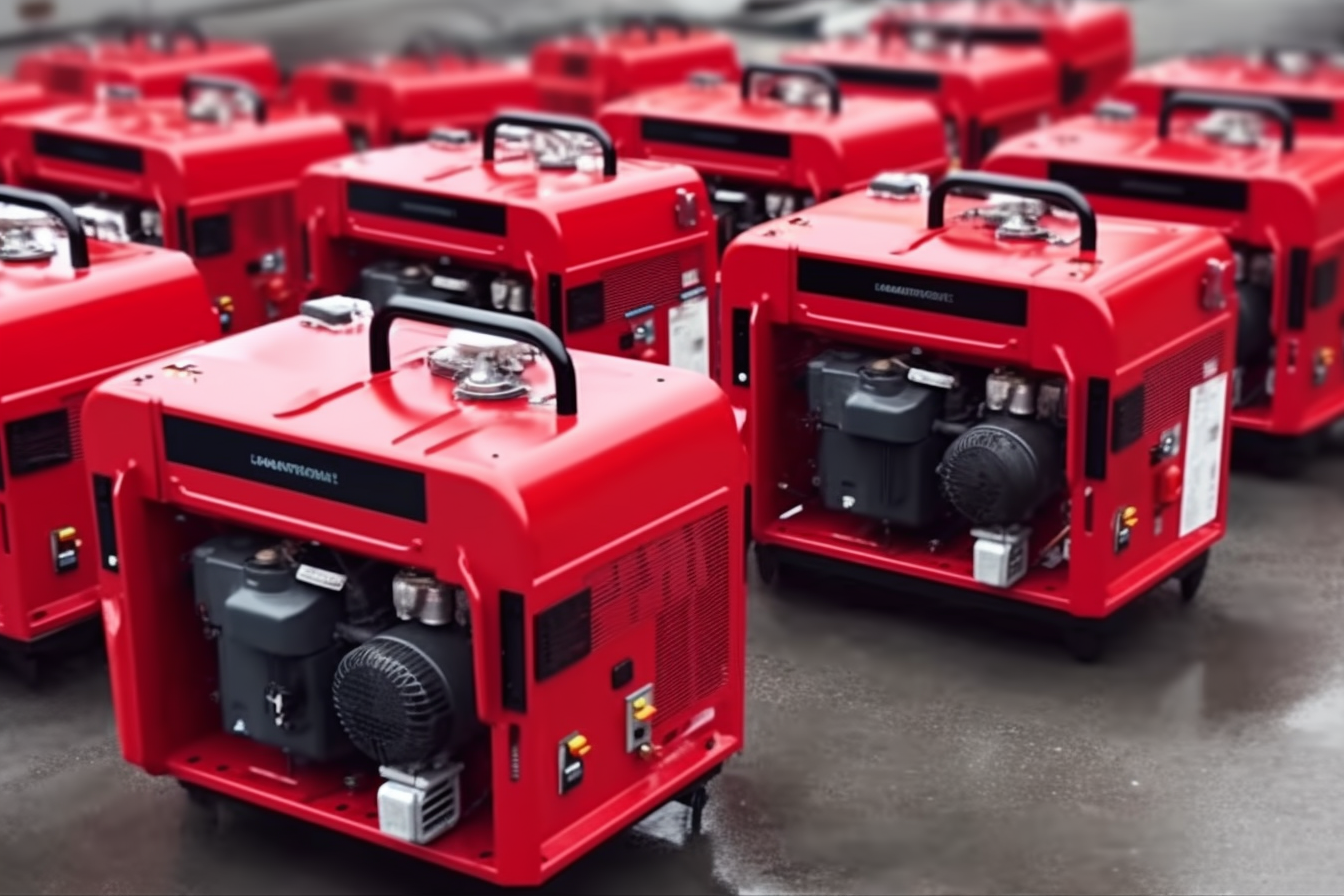The Essential Guide to Industrial and Commercial Power Generators
Power generators are critical infrastructure components that provide reliable backup electricity for businesses, industrial facilities, and commercial operations. From ensuring continuous operations during outages to supporting critical systems, understanding generator capabilities and requirements is essential for facility managers and business owners.

What Are Industrial Backup Power Systems?
Industrial backup power systems are sophisticated electrical equipment designed to automatically provide power when the main supply fails. These systems typically include commercial diesel generators or other fuel-powered units that can sustain operations during extended outages. Modern industrial backup generators feature advanced monitoring systems, automatic transfer switches, and robust containment systems for reliable performance.
How Do Facility Generators Support Business Operations?
Facility generators serve as the backbone of business continuity plans by providing uninterrupted power supply to critical systems. These units protect sensitive equipment, maintain security systems, and keep essential operations running during power failures. Commercial facilities often deploy multiple generator systems to ensure redundancy and meet varying power demands across different areas of operation.
What Size Generator Does Your Facility Need?
Determining the right generator size depends on several factors, including total power requirements, peak load demands, and future expansion plans. A 25kw diesel generator might suffice for smaller commercial operations, while large industrial facilities may require systems rated at several hundred kilowatts. Professional load calculation and site assessment are essential for proper sizing.
Which Fuel Types Are Best for Commercial Generators?
Commercial diesel generators remain the most popular choice for industrial applications due to their reliability, efficiency, and long operational life. However, natural gas and bi-fuel systems are gaining popularity for their lower environmental impact and reduced fuel storage requirements. The choice often depends on local fuel availability, environmental regulations, and operational requirements.
What Maintenance Do Industrial Backup Generators Require?
Regular maintenance is crucial for ensuring generator reliability. Key maintenance tasks include:
-
Weekly test runs and load banking
-
Quarterly fuel system inspections
-
Annual comprehensive service
-
Battery system checks
-
Cooling system maintenance
-
Control panel testing and calibration
What Are the Current Market Options and Costs?
| Generator Type | Power Range | Estimated Cost Range (GBP) | Key Features |
|---|---|---|---|
| Basic Commercial | 20-50kW | £15,000-£25,000 | Auto transfer switch, basic monitoring |
| Mid-Range Industrial | 50-200kW | £25,000-£75,000 | Advanced controls, weather housing |
| Heavy Industrial | 200kW+ | £75,000-£200,000+ | Parallel capability, remote monitoring |
Prices, rates, or cost estimates mentioned in this article are based on the latest available information but may change over time. Independent research is advised before making financial decisions.
When selecting an industrial backup generator, consider factors beyond initial cost, including fuel efficiency, maintenance requirements, and long-term reliability. The total cost of ownership should include installation, regular maintenance, fuel costs, and potential upgrades. Working with qualified providers ensures proper sizing and installation for optimal performance and reliability.




